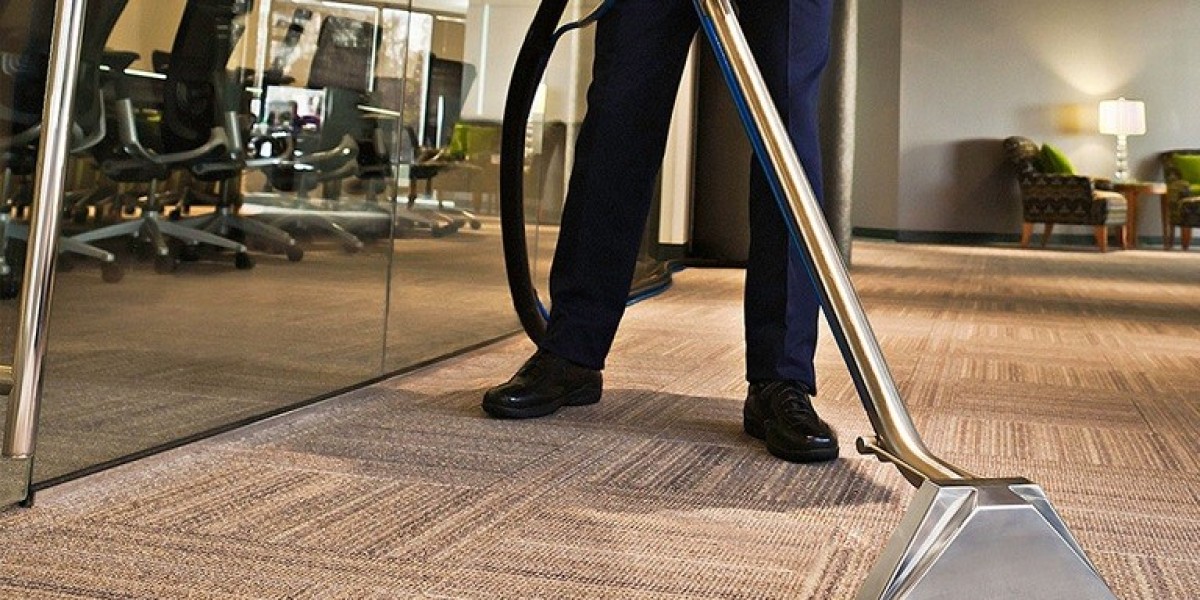
Mounting new windows may seem like a daunting task, but with the right tools and https://electionforecast.co.uk/clear-vision-why-glass-partitions-are-the-future-of-office-design/ expertise, it can be a manageable process. This article will take you through the steps of window installation, emphasizing the importance of proper technique and safety measures.
Understanding Window Types
Before you begin your installation, it’s crucial to comprehend the different types of windows available. Popular styles include:
- Double-Hung Windows: These windows have two sashes that slide up and down. They are easy to clean and provide excellent ventilation.
- Casement Windows: These are hinged at the side and open outward, offering optimal ventilation and unobstructed views.
- Sliding Windows: These windows slide horizontally and are perfect for areas where space is limited.
- Bay and Bow Windows: These are protruding windows that create a nook inside the house, adding space and style.
- Picture Windows: Large, fixed panes that offer uninterrupted views but do not open.
Tools and Materials Needed
To successfully install windows, you will need the following tools and materials:
- Tools:
- Level
- Hammer
- Screwdriver
- Utility knife
- Caulking gun
- Pry bar
- Safety glasses
- Gloves
- Materials:
- Flashing tape
- Insulation foam
- Caulk
- Shims
- Screws
Preparing for Installation
- Measure the Opening: Accurate measurements are critical. Measure the height and width of the window opening in three places: at the top, middle, and bottom. Use the smallest measurement to ensure a proper fit.
- Remove the Old Window: If you are replacing an existing window, carefully take out it using a pry bar. Be cautious of any sharp edges and ensure you wear your safety glasses.
- Inspect the Opening: Check for any damage to the frame or surrounding area. Make any necessary repairs to ensure a stable installation.
Installing the New Window
- Dry Fit the Window: Before permanently installing the window, place it in the opening to check the fit. This will help you spot any potential issues.
- Apply Flashing Tape: To prevent water infiltration, apply flashing tape to the sill and sides of the window opening. This step is crucial for ensuring long-term durability.
- Position the Window: Place the window into the opening, ensuring it is centered. Use shims to adjust the height and make sure it is level.
- Secure the Window: Once the window is level, secure it by driving screws through the frame into the wall. Be sure to follow the manufacturer’s instructions for the correct placement of screws.
- Insulate: Fill any gaps around the window with insulation foam to improve energy efficiency and prevent drafts.
- Caulk the Edges: Apply a bead of caulk around the exterior edges of the window to seal it against moisture. This step is essential for protecting your home from water damage.
Final Touches
- Install Window Trim: After the caulk has dried, install the interior trim to cover the gaps between the wall and the window frame. This adds a finished look to your installation.
- Test the Window: Open and close the window to ensure it operates smoothly. Check for any air leaks and fix them if necessary.
- Clean Up: Remove any debris and clean the window to ensure it is free from dust and fingerprints.
Safety Considerations
When installing windows, safety should always be a top priority. Here are some tips to keep in mind:
- Use Safety Gear: Always wear safety glasses and gloves to protect yourself from sharp edges and debris.
- Be Cautious on Ladders: If you need to use a ladder, make sure it is stable and positioned correctly. Never overreach; instead, move the ladder as needed.
- Follow Manufacturer Instructions: Always adhere to the specific guidelines provided by the window manufacturer to ensure a safe and effective installation.
Hiring a Professional
If you believe that the installation process is beyond your skill set, it may be wise to hire a professional. A qualified contractor will have the experience to ensure that your windows are installed correctly, saving you time and potential headaches down the line.
Conclusion
Window installation is an essential home improvement project that can enhance your home’s energy efficiency, curb appeal, and overall value. By following the steps outlined in this guide, you can confidently tackle the installation process. Whether you choose to do it yourself or hire a professional, proper installation is key to enjoying your new windows for years to come. Remember to take your time, prioritize safety, and enjoy the transformation that new windows can bring to your home.








